Effects of human shampoo on dog - a summary.
- Human shampoo can irritate a dog’s skin: It often makes dogs itch because it’s made for human skin, not for a dog’s more sensitive, higher-pH skin.
- Dogs need pH-balanced shampoos: A dog’s skin is less acidic than ours. Using the wrong shampoo (too acidic or with harsh chemicals) can dry out their skin, causing flakiness and itching.
- Use dog-specific shampoos to prevent itching: Choose gentle pet shampoos made for dogs. These keep your pup’s skin oils and moisture intact so they stay comfortable and itch-free.
Using human shampoo on dogs often leads to itching because dogs have more sensitive skin and a near-neutral pH, while human skin is more acidic. Mismatched pH and stronger detergents can strip a dog’s protective oils, disrupting the skin barrier. This frequently results in dryness, flakiness, and irritation, causing persistent scratching. Over time, repeated use can worsen dryness, encourage dandruff, and even foster skin infections. By contrast, a dog-specific shampoo contains gentler cleansers, is correctly pH-balanced, and often includes soothing ingredients like coconut oils or panthenol to retain natural moisture. So, while human shampoo may seem convenient, it’s simply too harsh for a dog’s delicate skin. Switching to a canine-formulated product is the best way to keep your pup itch-free, comfortable, and well-groomed.
Why Human Shampoo Can Make Dogs Itchy
Dogs are not humans, and their skin is different in several ways. Here are the main reasons why using a human shampoo can cause itchiness and irritation in your dog:
Different Skin pH (Acidity)
Various reputable sources indicate that a dog’s skin pH is closer to neutral (around 6.5 to 7.5), whereas human skin is more acidic (around 5.0 to 5.5). Human shampoos are formulated for our lower pH, which makes them too acidic for a dog’s skin. Using the wrong pH can upset the protective balance of a dog’s skin and leave it dry and itchy over time. Even though a single use might not cause instant harm, regular use can alter your dog’s skin pH and lead to increased irritation and itching.
Harsh Ingredients and Perfumes
Many human shampoos contain strong detergents, preservatives, and artificial fragrances or dyes that can be unsafe for dogs. These harsh chemicals may strip the natural oils from a dog’s coat, causing dryness, or trigger allergic reactions and redness. Some human shampoos even have essential oils like peppermint or tea tree oil – fine for many people, but potentially irritating or toxic for pets. Dogs often lick their fur, so any chemical residue left on their coat can end up inside their stomach. All of these factors make human shampoo unsuitable for regular use on dogs.
Delicate Dog Skin & Natural Oils
Some experts note that a dog’s skin has only 3–5 cell layers in its outer layer, while human skin has around 10–15 layers. This means a dog’s skin can be hurt more easily by harsh soaps or chemicals. Human shampoo can scrub away the natural oils that protect a dog’s skin and coat, leading to dryness, dandruff, and itchiness. Over-bathing with the wrong shampoo can even contribute to skin conditions like eczema or infections. In short, human shampoos clean too aggressively for a dog’s thinner skin – they can dry it out and cause irritation.
Another factor: human shampoos often produce a lot of foamy lather because of stronger soap ingredients. Dog shampoos typically don’t foam as much, which is actually a plus for sensitive canine skin. Less lather means a gentler clean that won’t leave your pup itchy.
Signs of Shampoo-Related Itchiness in Dogs
How can you tell if a shampoo or bath product is irritating your dog’s skin? Here are some common signs that your dog might be itchy or uncomfortable after using the wrong shampoo:
- Excessive scratching or biting: Your dog keeps scratching themselves or nibbling at their fur, especially after a bath.
- Red or irritated skin: You notice red, pink, or bumpy patches on your dog’s skin—possible signs of a rash or inflammation.
- Dry, flaky coat: The skin looks dry, or you see flakes of dandruff in their fur—indicating the skin is stripped of oils.
- Hot spots or sores: In more serious cases, dogs might scratch or chew one area so much that it creates an open sore or “hot spot.”
If you notice these signs after bathing your dog with a human shampoo (or any new product), it likely made them itchy. Always discontinue use of any product that causes a reaction. If the irritation is severe or doesn’t improve, consult a veterinarian—your dog may need a soothing treatment to heal their skin.
How to Choose a Dog-Safe Shampoo (Checklist)
To keep your dog’s skin healthy and itch-free, always use a shampoo specifically made for dogs. Not all pet shampoos are equal, though. Here’s a quick checklist:
- pH-Balanced for Dogs: Look for products labeled as pH-balanced for pets. Dogs have a more neutral skin pH, so using a formula designed for them helps protect their skin barrier.
- Hypoallergenic if Needed: If your dog has sensitive skin or allergies, pick a hypoallergenic shampoo with fewer potential irritants.
- No Harsh Chemicals: Avoid sulfates, parabens, and artificial fragrances/colors—these can irritate skin or cause allergic reactions. A gentle, natural formula is often best.
- Soothing Ingredients: Shampoos containing oatmeal, aloe vera, and chamomile can help relieve itching, heal, and hydrate your dog’s skin.
- Vet-Approved: If you’re unsure which shampoo is right for your dog—especially if they have a known skin condition—ask your veterinarian for recommendations.
For example, FurBabies Botanicals Pet Skin Care offers a gentle No-Rinse Dog Shampoo & Conditioner (great for quick, waterless clean-ups) and a calming Lavender Rinse-Off Dog Shampoo for pets with sensitive, itchy skin. Both are pH-balanced and free of harsh chemicals, helping prevent itchiness and keeping your dog’s coat healthy.
Dog Shampoo vs. Human Shampoo: Key Differences
To really understand why human shampoo can be problematic, consider these notable contrasts between dog and human needs:
| Factor | Dogs (Skin & Shampoo) | Humans (Skin & Shampoo) |
|---|---|---|
| Skin pH Level | Usually around 6.5–7.5 (neutral to slightly alkaline). Dog shampoos are formulated for this neutral pH. | Typically 5.0–5.5 (more acidic). Human shampoos match our acidic skin, too harsh for dogs. |
| Skin Thickness | Very thin outer layer (3–5 cell layers), making dogs more sensitive to irritants. | Thicker outer layer (10–15 cell layers), offering more natural protection. |
| Shampoo Ingredients | Gentle, soap-free formulations with mild cleansers. Often include soothing additives like oatmeal or aloe and minimal artificial ingredients. | Stronger detergents (e.g., sulfates) for heavy cleansing and more foam, plus perfumes or dyes that can irritate a pet’s skin. |
Key takeaway: Dog shampoos are designed to clean without stripping the skin’s protective oils or altering pH, while human shampoos focus on stronger cleansing and heavier fragrance—great for our tougher skin, but a recipe for itching and dryness in dogs. Always watch for signs of discomfort after baths and switch to a dog-safe shampoo if needed.




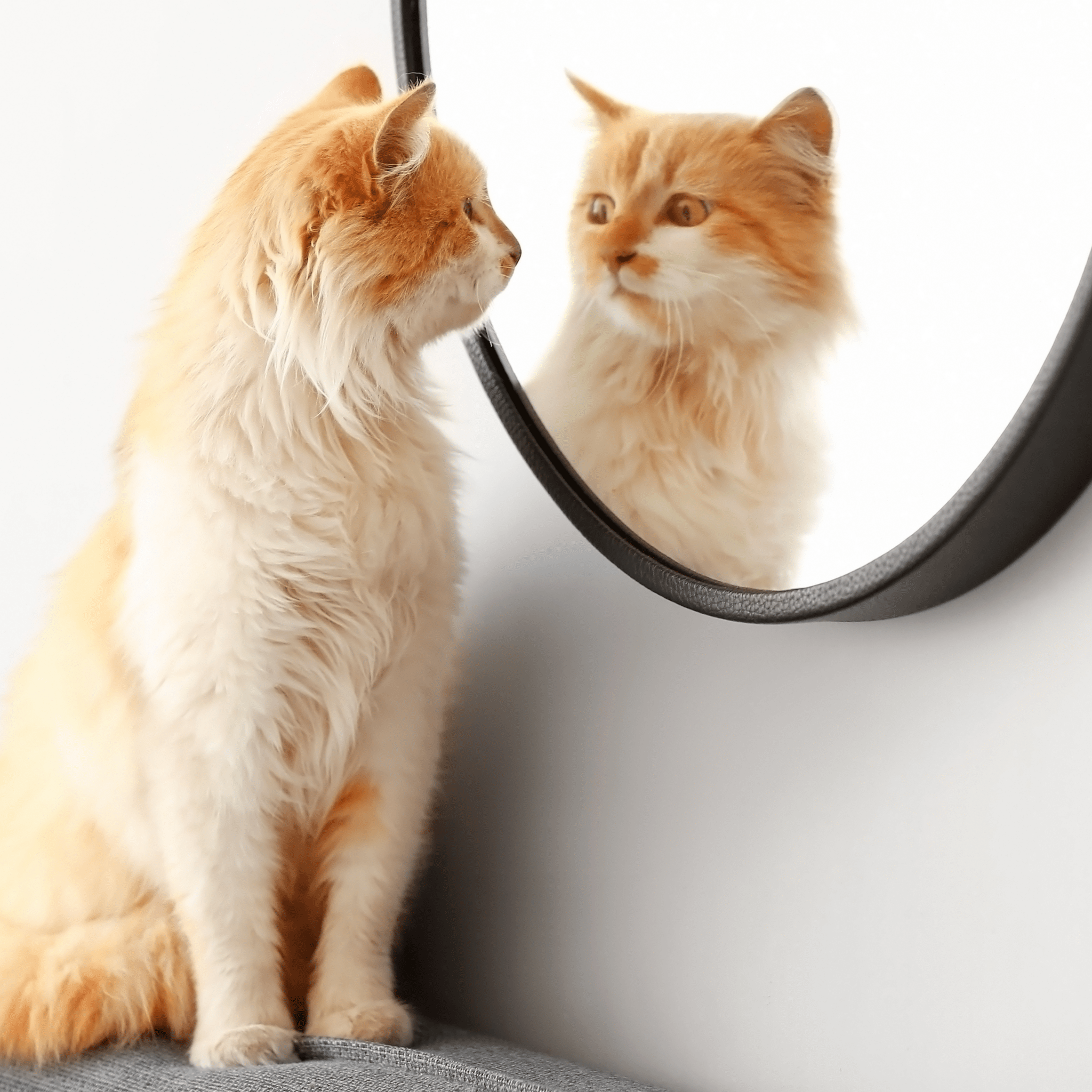

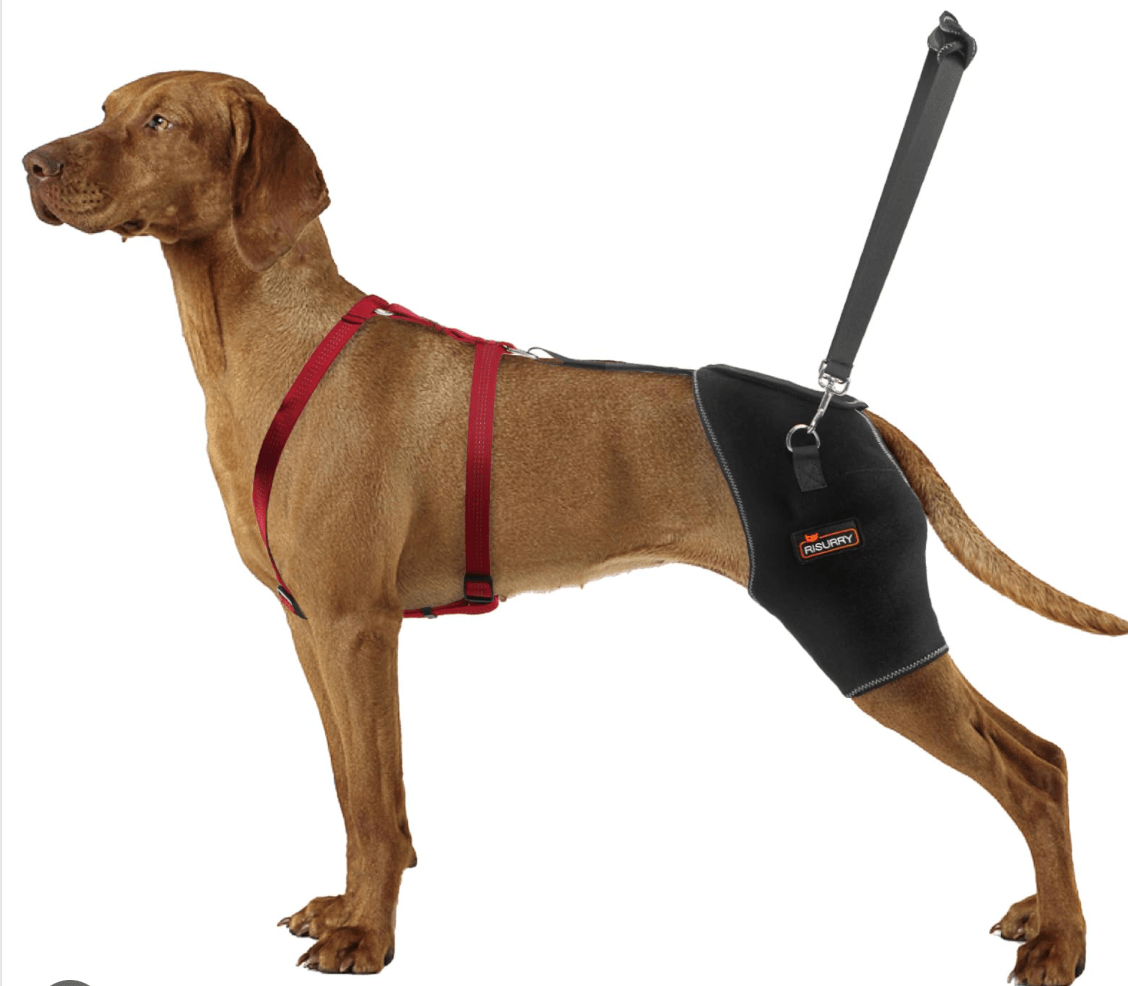


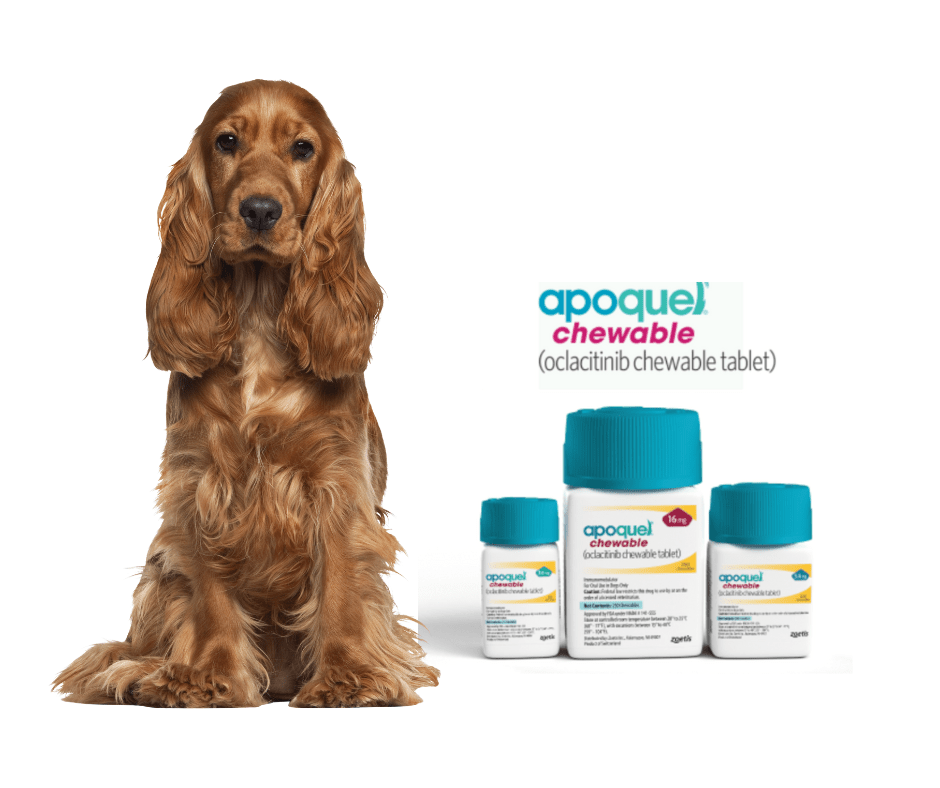
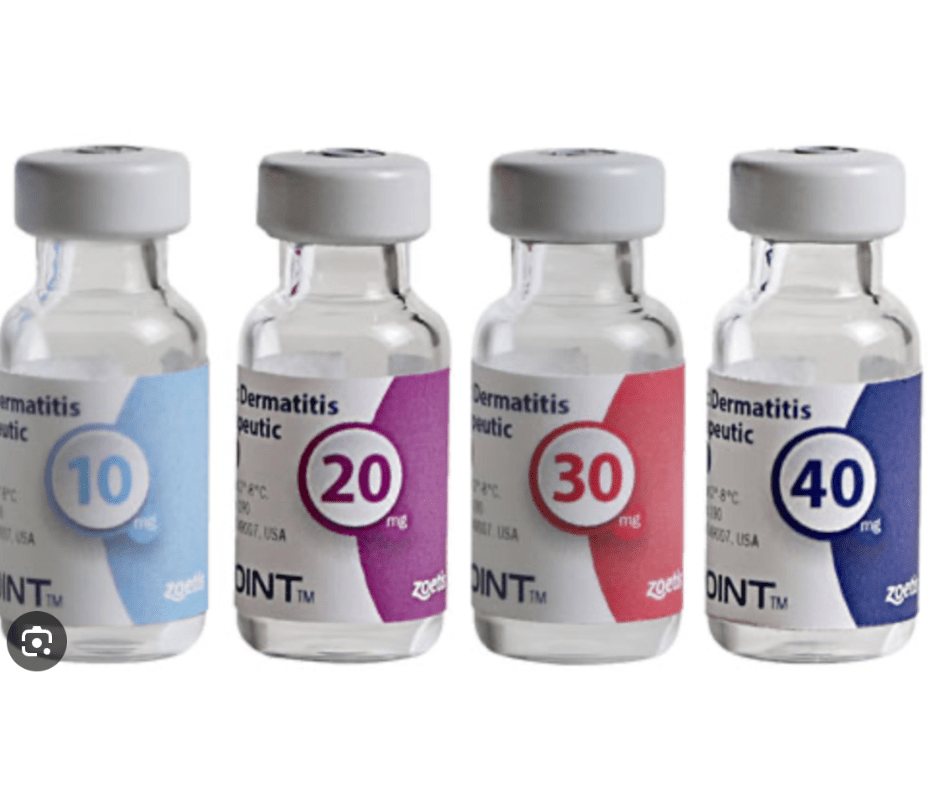

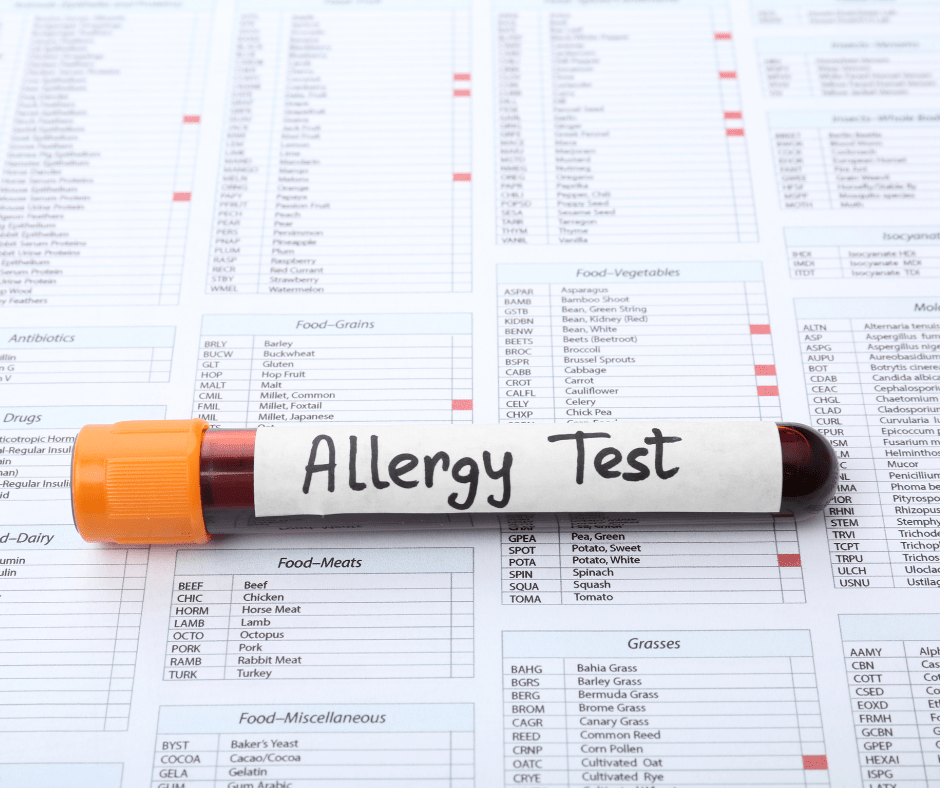
Share:
What is Catnip? The Ultimate Guide for Pet Parents